On the morning of March 11, Deputy Prime Minister Tran Hong Ha chaired a meeting of the Prime Minister's Working Group on reviewing, urging, and guiding the removal of difficulties and obstacles in the implementation of real estate projects for localities and enterprises after the Land Law (amended), the Real Estate Business Law (amended), and the Housing Law (amended) were promulgated.
It is necessary to create conditions for "demand to reach supply"
Deputy Prime Minister Tran Hong Ha emphasized that the difficulties and problems of the real estate market have seriously affected many industries such as banking, construction, construction material production, consumer goods, etc.
Recently, the Government and the Prime Minister have paid great attention, had many instructions, meetings, and forums to record comments and find solutions for the real estate market.
The Government and the National Assembly have urgently revised relevant laws and are preparing to issue documents guiding the law. In addition, the signs of "warming up" and optimism of the economy are also contributed by real estate businesses and associations.
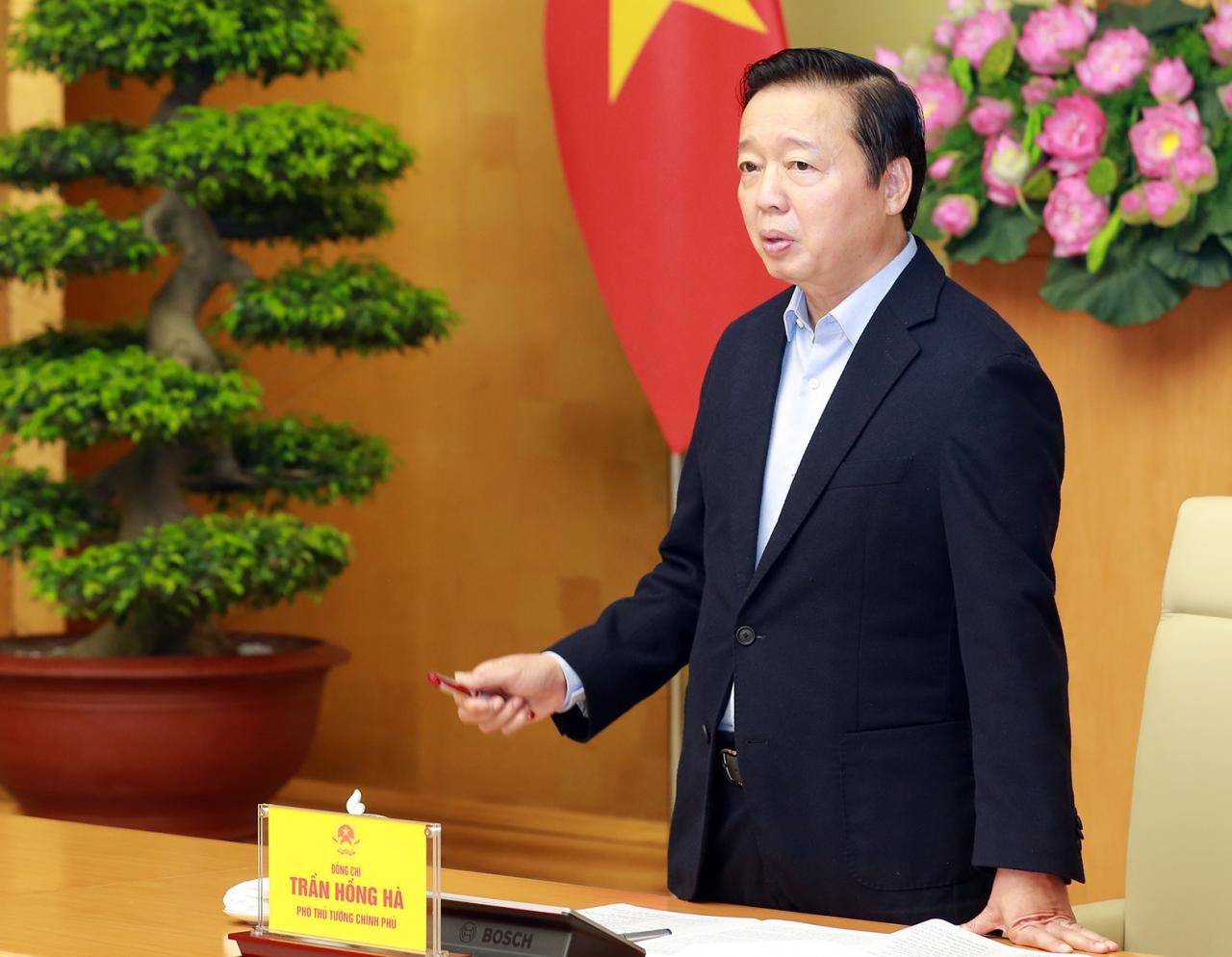
"The State will do its utmost, with great determination and great effort to carry out what is within its responsibility and authority. At the same time, investors and real estate businesses must recognize their responsibility in overcoming the "paradox" of excess high-end segments and lack of products for middle- and low-income earners; resolving the situation of "inflating" and "pushing prices" so that supply and demand meet..." - said the Deputy Prime Minister.
He also noted that state agencies and businesses should work together to have a clear, impartial, objective, and non-evasive viewpoint in order to bring the real estate market back to normal operation.
Deputy Minister of Construction Nguyen Van Sinh said that Hanoi currently has 404 projects. After reviewing and classifying difficulties and obstacles, 81 projects have been removed from the list of slow-moving projects; 10 projects have had their land reclaimed and operations terminated; and 67 projects continue to urge investors to speed up the implementation progress.
Hanoi is continuing to remove difficulties and obstacles for 246 projects according to the guidance of the Ministry of Construction and other ministries and branches.
Similarly, Ho Chi Minh City has implemented the resolution of 33/72 projects requested by the Working Group; 44/148 projects proposed by the City Real Estate Association; and is continuing to resolve difficulties and obstacles for 143 projects...
Deputy Governor of the State Bank Dao Minh Tu said that the real estate sector "always goes hand in hand" with the banking sector and is related to a series of other sectors such as manufacturing, supplies, construction materials...
"The banking industry strictly controls credit in risky areas, which in the real estate industry is speculation and price inflation, making it difficult to sell products, unable to circulate capital, and difficult to recover debt," the Deputy Governor analyzed.
Reporting on some problems in the 120,000 billion VND social housing loan package, Mr. Dao Minh Tu said that the key issue here is to create conditions for "demand to reach supply" and boost supply. Reduce prices objectively based on the supply-demand relationship with projects, corporations that push up prices, monopolize and speculate in real estate.
Some businesses have proposed shortening the time to review legal procedures and land use origins for social housing projects; simplifying administrative processes and procedures; and loosening credit access conditions for investors and buyers with low and middle incomes.
Must regain trust, avoid real estate "bubble"
Concluding the meeting, Deputy Prime Minister Tran Hong Ha emphasized that the development of a healthy real estate market contributes to socio-economic growth, creates jobs, and ensures people's right to access housing.
The current problem is to regain investors' trust in a systematic, synchronous, scientific, and responsive manner in the management of real estate, land, credit, capital, etc., to create a healthy market, encourage investment and business, and avoid the real estate "bubble".
The Deputy Prime Minister requested the Ministry of Construction to summarize the main problems that can be solved in the recently passed laws on land, housing, real estate business, etc. From there, it will study the plan to advise and submit to the Government and the National Assembly to issue documents according to their authority to allow application before the law takes effect.
The Working Group compiles statistics on the number of real estate projects that have been allocated land but are facing legal procedure problems; develops criteria for qualified real estate investors; summarizes and codifies the pilot project allowing localities to locally adjust planning for real estate projects without reducing general criteria.
At the same time, expand access to social housing for people with low and middle incomes and enterprises in industrial zones; provide full guidance for localities to comply with existing mechanisms and policies on land recovery, site clearance, resettlement, land price determination, etc.
The Deputy Prime Minister noted that the resolution of recommendations from businesses and localities must have a specific address and deadline. Which ministry or sector is responsible and when will it be completed? Localities must specifically calculate the needs of the people and allocate adequate land funds for housing projects and renovation of old apartments.
Regarding capital for social housing projects, the Deputy Prime Minister requested the State Bank and the Ministry of Finance to study long-term fiscal policies to support interest rates for preferential credit loans.
Along with that is the establishment of a social housing investment fund including the State budget, contributions from enterprises from the 20% cost of building social housing in commercial housing projects and other legal sources to support enterprises building social housing and people buying social housing. This must ensure harmony between the implementation of social policies and market mechanisms.
The Deputy Prime Minister hopes that businesses and investors will calculate reasonable costs, offer commercial and social housing products at suitable prices, ensure quality, design, aesthetics and reasonable profit levels, harmonize the interests of the State and the people; and contribute to the healthy development of the real estate market.
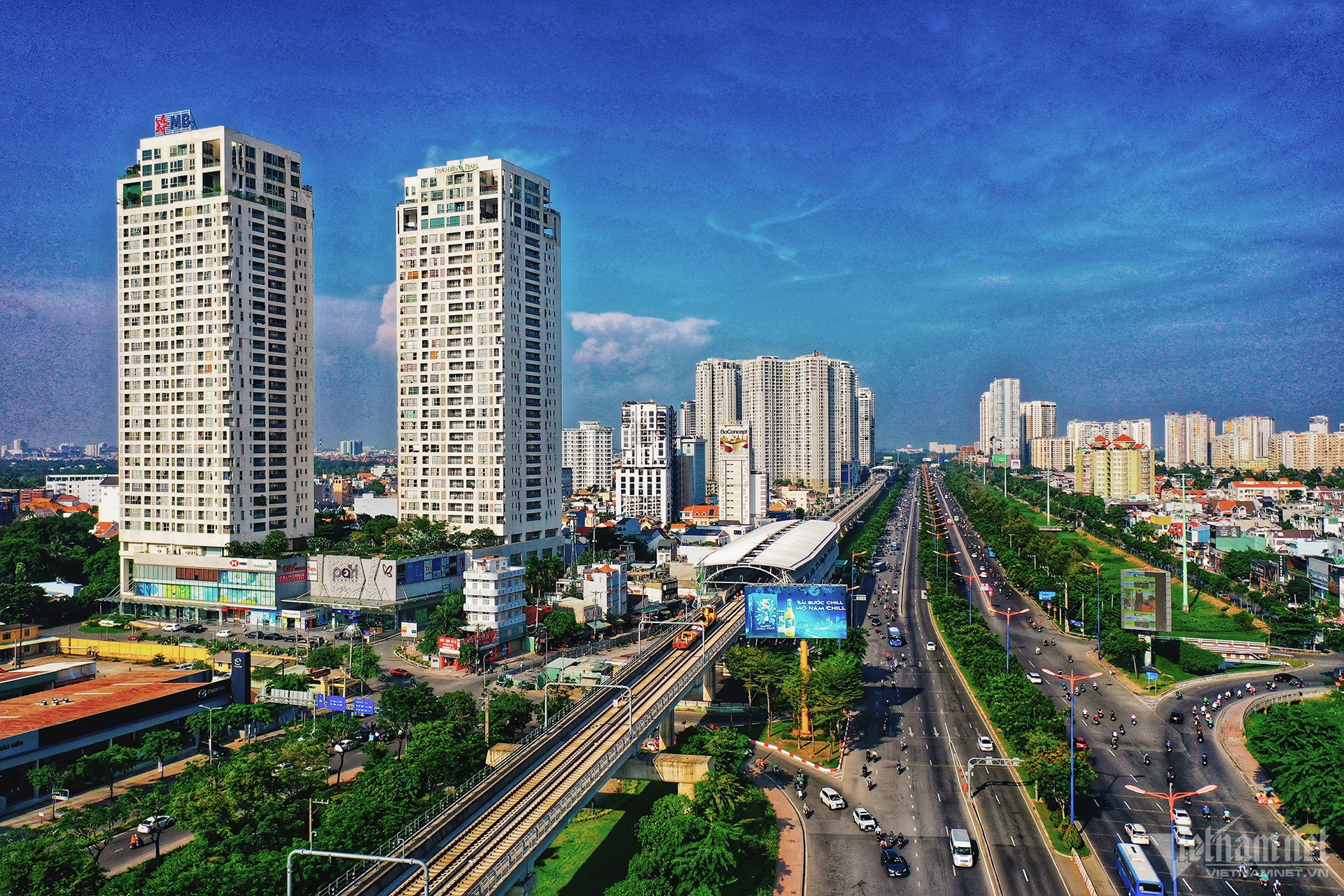
The National Assembly has supreme supervision over the real estate market and social housing.
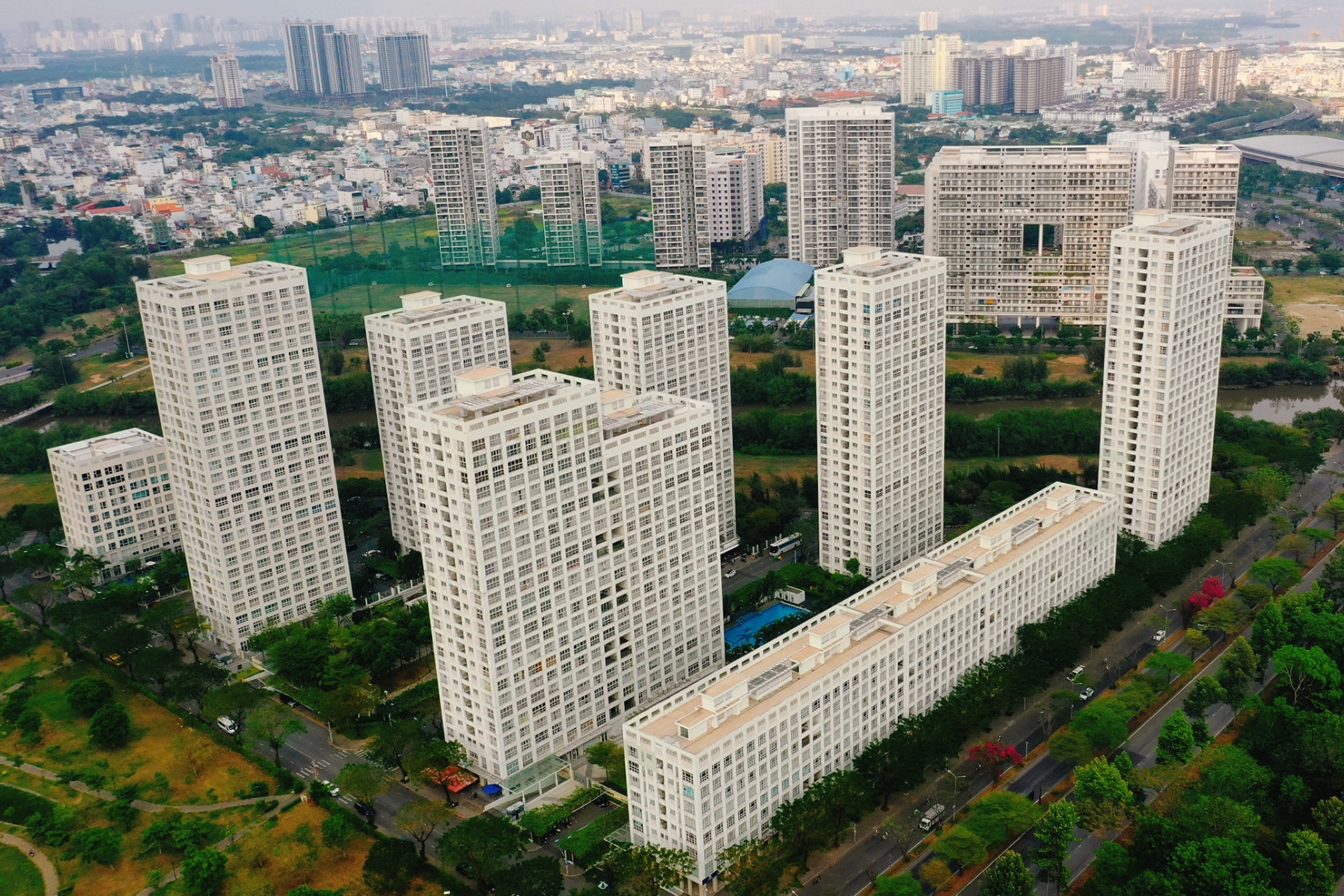
Prime Minister requests drastic measures to remove difficulties for the real estate market
Source






![[Photo] Urgently help people soon have a place to live and stabilize their lives](/_next/image?url=https%3A%2F%2Fvphoto.vietnam.vn%2Fthumb%2F1200x675%2Fvietnam%2Fresource%2FIMAGE%2F2025%2F12%2F09%2F1765248230297_c-jpg.webp&w=3840&q=75)

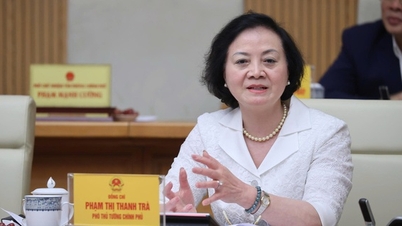












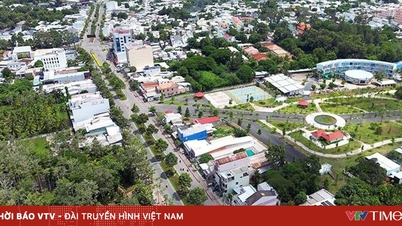
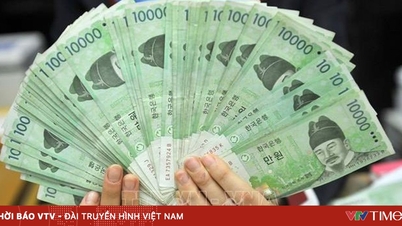

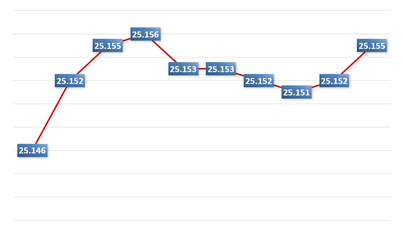








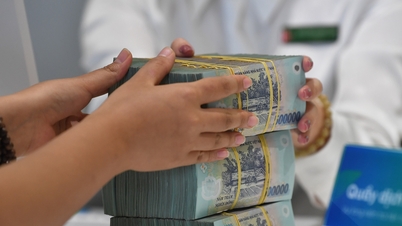


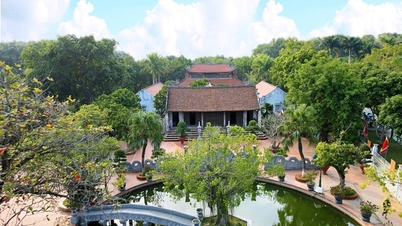

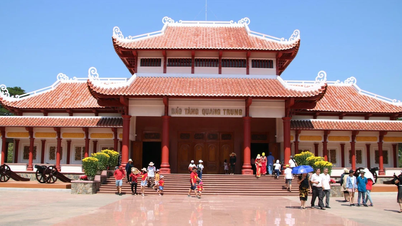

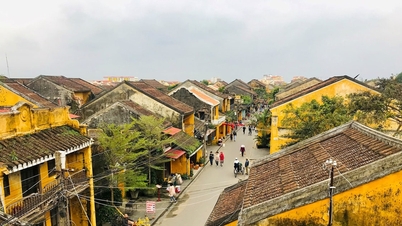

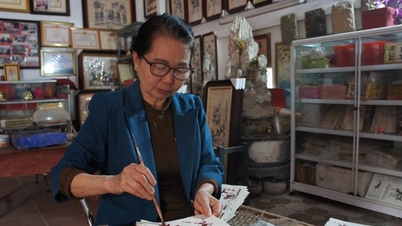



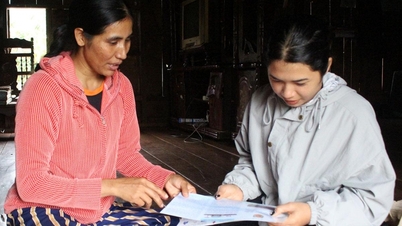













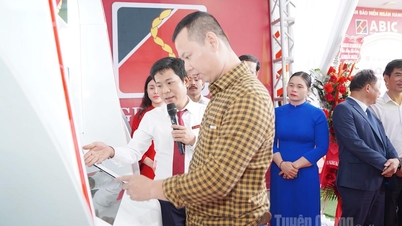

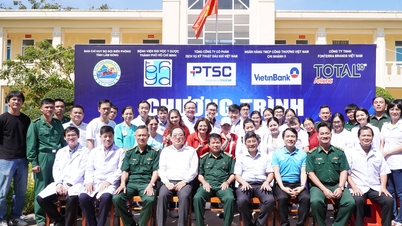
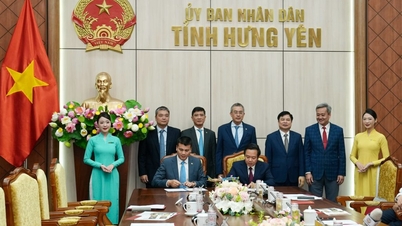










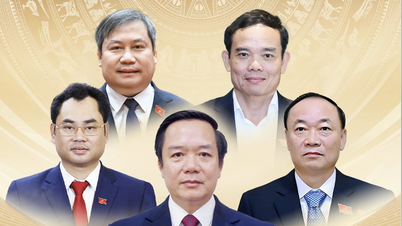

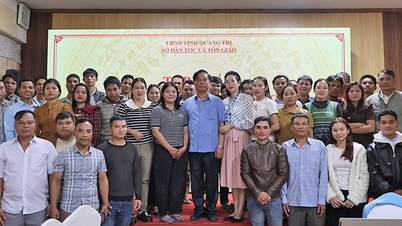

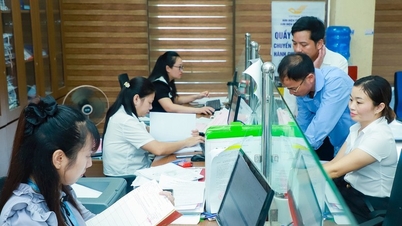








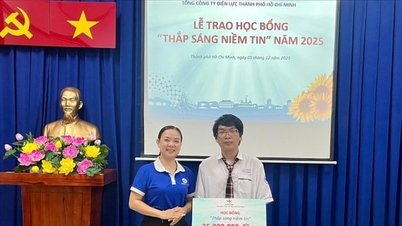


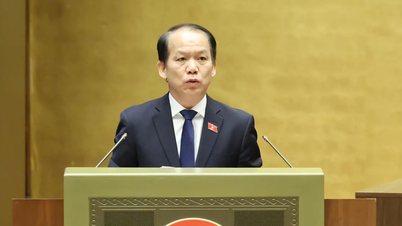

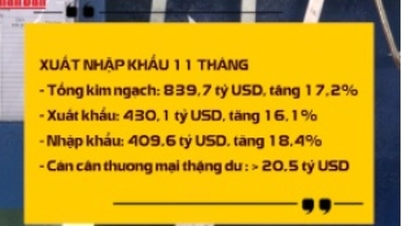



















Comment (0)